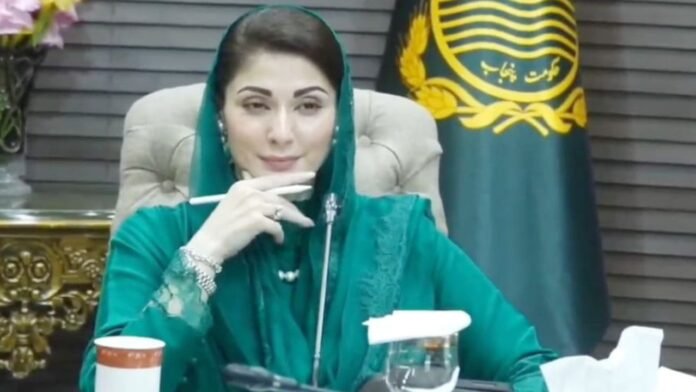Currently, detainees who can’t afford to recruit a legal counselor for protection in any courtroom can get one for free. Eligible inmates can apply to their respective jail superintendents, who will schedule meetings with advocates. Maryam Nawaz has been vocal about ensuring legal aid for those in need.To implement this program seamlessly throughout the province, the Punjab Home Department has established Free Legal Aid Committees at its 43 jails.
Formation of Free Legal Aid Committees
These committees were established in collaboration with the Punjab Bar Council and district bar associations. Total 447 lawyers are members of these committees providing free legal services across Punjab.
Distribution of Lawyers:
- Lahore Division: 45 lawyers
- Gujranwala Division: 90 lawyers
- Rawalpindi Division: 70 lawyers
- Faisalabad Division: 47 lawyers
- Multan Division: 45 lawyers
- Sargodha Division: 24 lawyers
- Bahawalpur Division: 55 lawyers
- Sahiwal Division: 55 lawyers
- DG Khan Division:16 Lawyers
Other Projects Introduced by CM:
Apart from offering assistance to prisoners at no cost, Chief Minister Maryam Nawaz Sharif highlighted that Punjab will also remain at the forefront regarding student facilities. One such project is the E-Bike Scheme, which aims to give students e-bikes, making daily commuting easier and more cost-effective. Personal transport will save time and money, thus improving their academic performance.
The requirement for parental guarantees has been waived under the E-Bike Scheme further to support students, especially those without parental backing.b The first ever electric and petrol bike for students was introduced under the Chief Minister Youth Initiative. The chief minister has directed that the installment payments for the E-Bike Scheme should be kept to a minimum so that all students can afford it.
These initiatives taken by Chief Minister Maryam Nawaz Sharif represent her firm commitment to social justice and poverty alleviation in Punjab. Through such measures, governments can address critical needs and improve the quality of life for many people. These actions show empathy and accountability while also ensuring access to basic services and opportunities for a better future among vulnerable groups, particularly prisoners from poor backgrounds.


